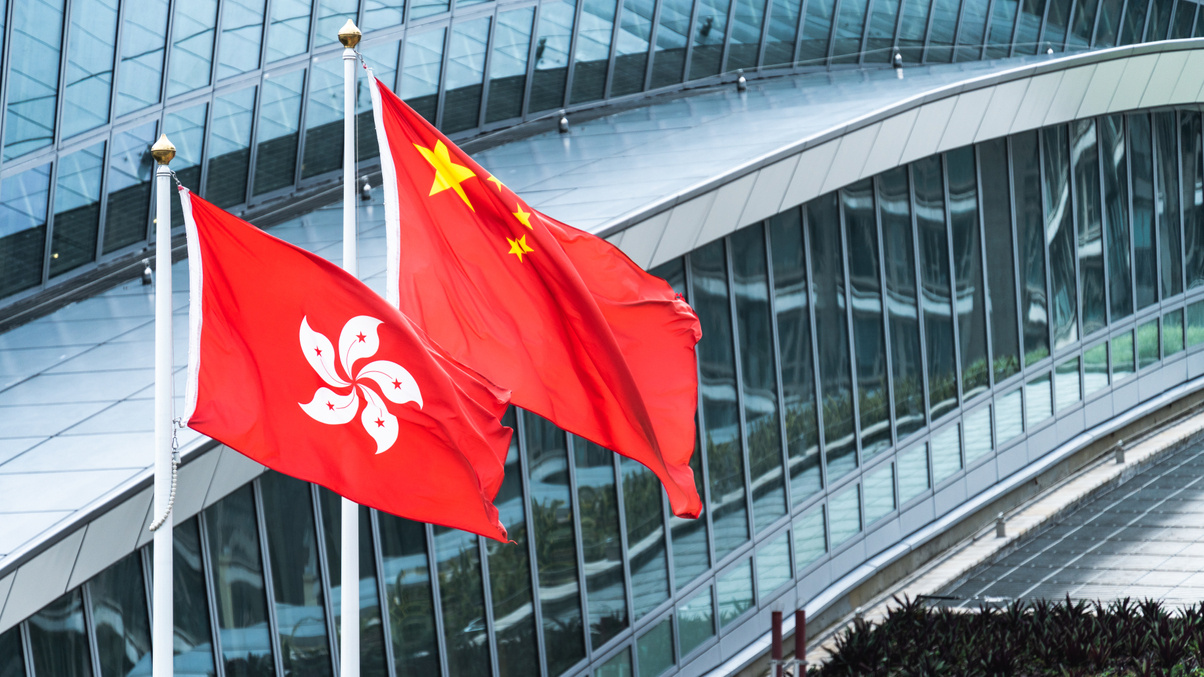HK wealth fund CEO eyes new productive forces in China
In her first public speech, the chief executive officer of the Hong Kong Investment Corporation stressed that investors shouldn’t overlook opportunities in China with a broad-brush sector-exclusion approach.

The first chief executive officer of the new Hong Kong Investment Corporation (HKIC), Clara Chan, sees a lot of interesting investment opportunities in China — especially sectors that are defined by Beijing as “new productive forces”.
Sign in to read on!
Registered users get 2 free articles in 30 days.
Subscribers have full unlimited access to AsianInvestor
Not signed up? New users get 2 free articles per month, plus a 7-day unlimited free trial.
¬ Haymarket Media Limited. All rights reserved.


